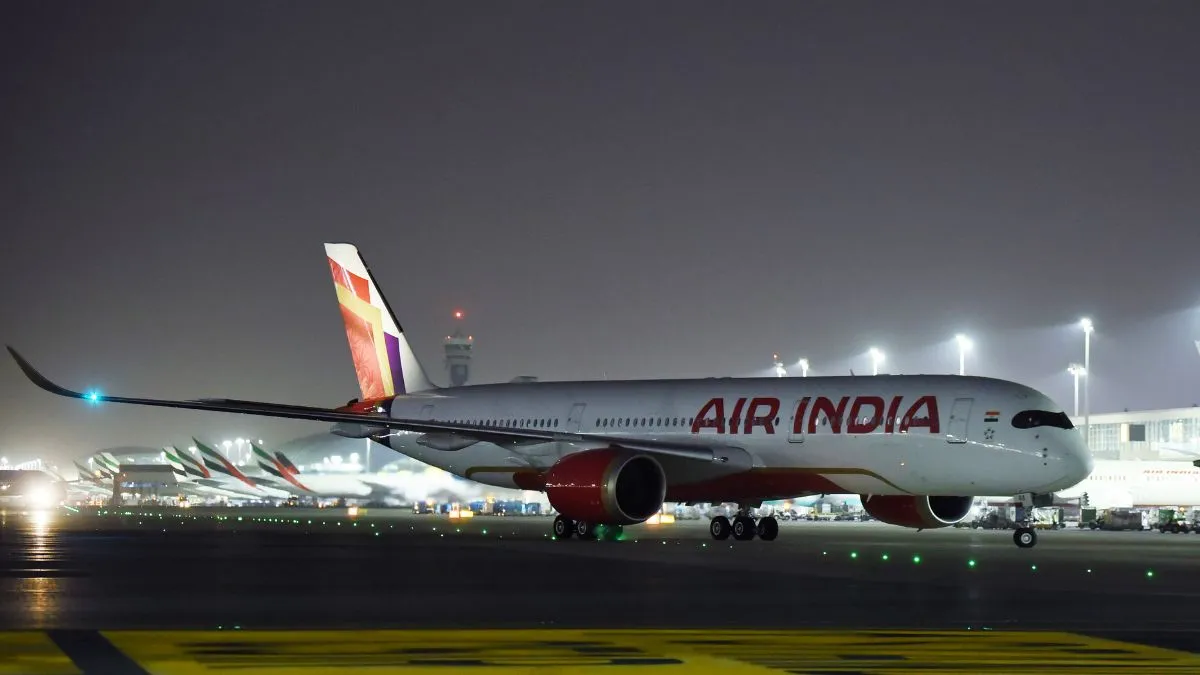- By Nidhi Giri
- Sat, 26 Oct 2024 05:26 PM (IST)
- Source:JND
Noida International Airport, also known as the Jewar Airport has locked a deal with Schneider Electric for power support. The system provided by the partner of the Noida International Airport will run close checks, and make recommendations on how to reduce carbon emission. Overall, the firm will also provide building and energy management solutions. It will include electrical SCADA and an advanced distribution management system. Authorities believe through analysis can help the upcoming airport project's operational efficiency and sustainability.
The Jewar Airport is set to start commercial flight operations on April 17, 2025, with two cargo, 25 domestic and three international flight services. These services will connect 25 cities of the country directly to Gautam Buddha Nagar in Uttar Pradesh.
"Our solutions will guarantee uninterrupted power supply and facilitate comprehensive airport management, covering vital systems like baggage handling. Solutions will monitor live energy consumption and pinpoint opportunities for enhancing energy efficiency and lowering carbon emissions,” said Deepak Sharma, Zone President- Greater India and MD and CEO, Schneider Electric India, as quoted by a TimesNow report.
The Solutions will aid the upcoming airport authorities in maintenance, upgrades, and scalability of the implemented solutions.
Jewar Airport Updates
Jewar Airport, is likely to run its first international flights to Singapore, Dubai, and Zurich, the Swiss city. A total of 30 flights are expected to take off for various international and domestic destinations following the inauguration. Bookings for international flights are expected to start 90 days in advance, while domestic tickets will be available six weeks from the inauguration day.
READ MORE: Delhi BJP President Hospitalised After Taking Dip In Yamuna River, AAP Terms It ‘A Drama’
Arun Vir Singh, the CEO of Noida International Airport Ltd (NIAL) said that some airlines had already submitted applications for international routes. He further explained that their approval would depend on bilateral licensing agreements between nations and airlines. For domestic routes, discussions have already begun with the Directorate General of Civil Aviation (DGCA) for specific slots, according to a TOI report.

